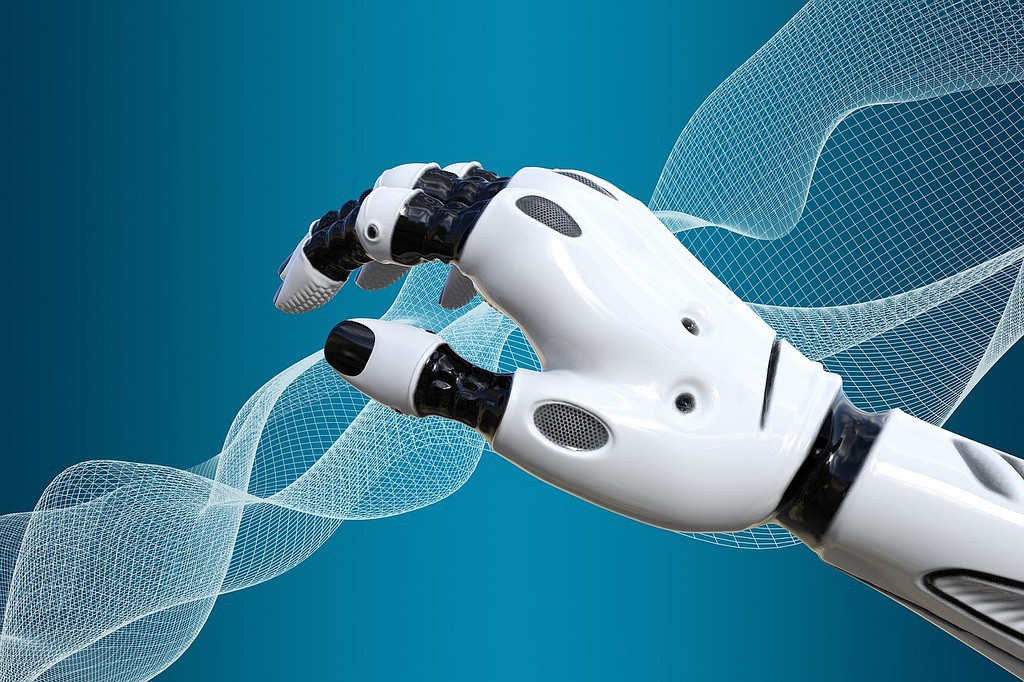
TIME: Artificial intelligence and the mental health crisis
UC expert comments on how AI could impact the mental health system
Five years from now, the U.S.’ already overburdened mental health system may be short as many as 15,600 psychiatrists as the growth in demand for their services outpaces supply, according to a 2017 report from the National Council for Behavioral Health. But some proponents say that, by then, an unlikely tool—artificial intelligence—may be ready to help mental health practitioners mitigate the impact of the deficit.
Speech and language have emerged as two of the clearest applications for AI in psychiatry, says Dr. Henry Nasrallah, a psychiatrist at the University of Cincinnati who has written about AI’s place in the field. Speech and mental health are closely linked, he explains. Talking in a monotone can be a sign of depression; fast speech can point to mania; and disjointed word choice can be connected to schizophrenia. When these traits are pronounced enough, a human clinician might pick up on them—but AI algorithms, Nasrallah says, could be trained to flag signals and patterns too subtle for humans to detect.
Related Stories
There once was a biologist who talked to spiders …
July 9, 2025
UC biologist and spider expert Nathan Morehouse helped a writing collaboration at Kent University explore our common ground with these eight-legged creatures that fascinate us.
Murals boost Cincinnati’s vitality, community development
July 9, 2025
Murals have a social and economic impact, says a new study by Hyesun Jeong, assistant professor of urban design in UC's College of Design, Architecture, Art, and Planning.
Veterans urge mindfulness with fireworks
July 8, 2025
Spectrum News 1 and WCPO coverage of UC Veterans Programs & Services in conjunction with Independence Day. Interviews with UC's program director Terence Harrison and veteran-student Crystal Merino.
